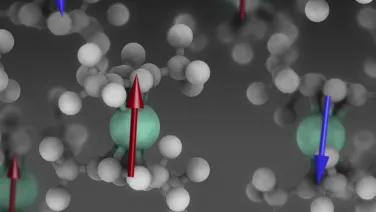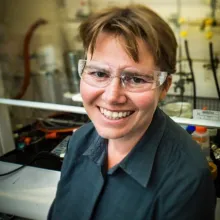
Computational and Theoretical Chemistry
Physical and theoretical chemistry involves the scientific study of macroscopic, microscopic, atomic, subatomic, and particulate phenomena in chemical systems by the application of physics.
About
Computational and theoretical chemistry are two closely related areas of increasing importance. Computational chemistry deals with the implementation of quantum mechanical, molecular mechanical or hybrid methods to model the structure, function, dynamics and reactivity of molecules and their interactions with each other and their surrounding. The computing power now available allows large scale systems - whole proteins embedded in their native membrane - to be studied. Theoretical chemistry instead deals with the development of new methods/computational techniques improving the accuracy and speed of chemical calculations.









